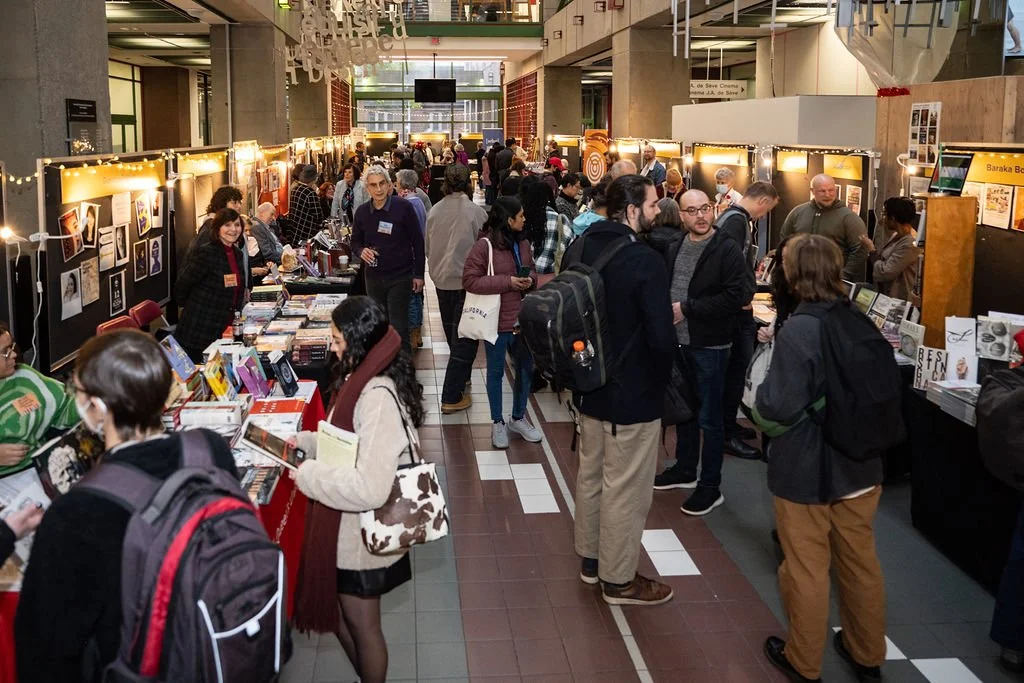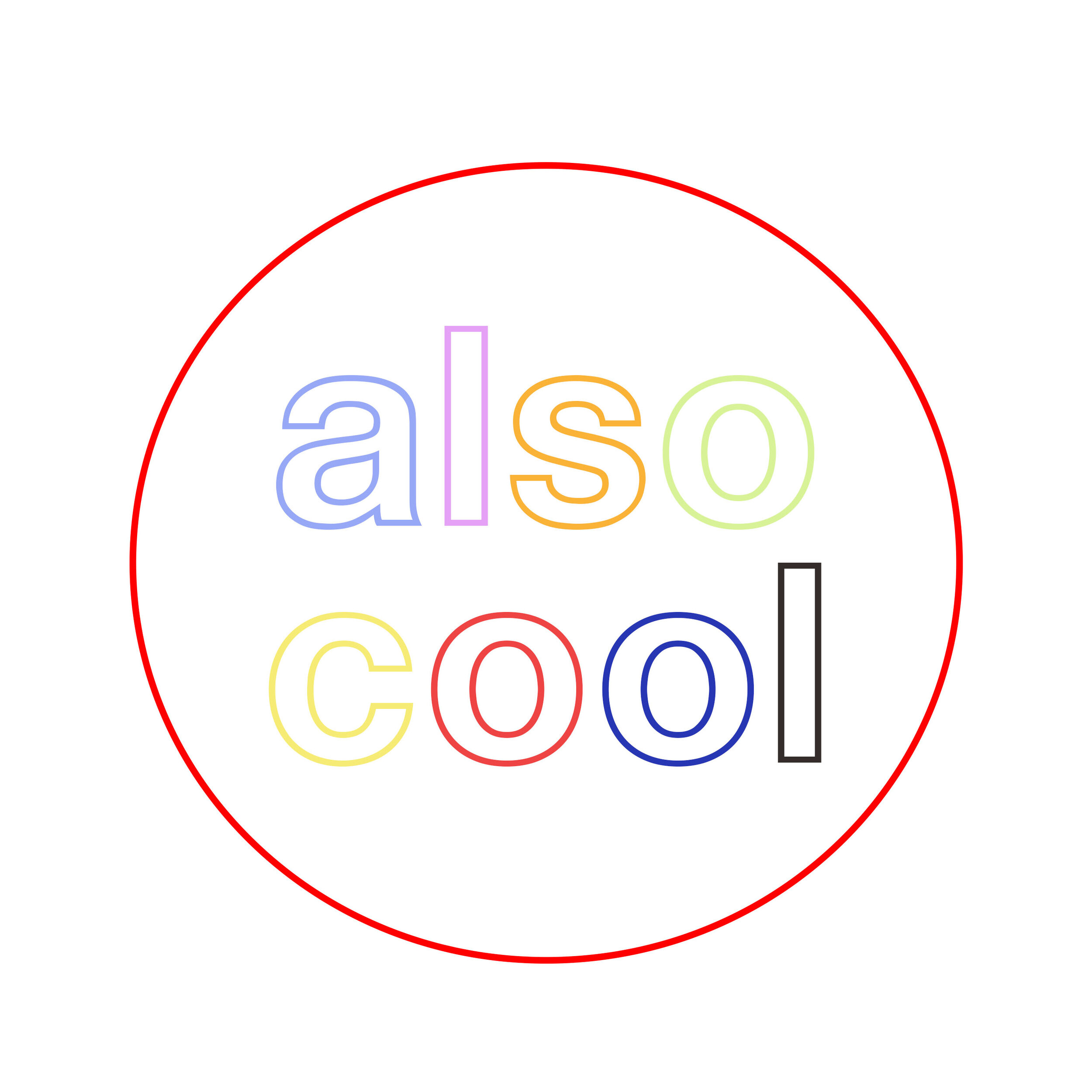Likewise, the therapist may not be a right match for the client - and a good match is needed if progress is to be made. Mental health care as an institution has long presented its own systemic problems - it is not wrong to want to avoid this. In some instances, therapists can contribute to the issues their clients are facing. This was my situation.
As a teenager, I attended psychotherapy for three years, and the experience was unfulfilling. Looking back, I can recognize that a few therapists pushed boundaries and seemed to feed me answers. I chose to keep coming back because it felt like where I was supposed to go. I wanted to believe the solution was there.
But the solution can be anywhere if you try new things and follow what feels right. Over the past four years, I have moved away from the structure of psychotherapy. When my insurance coverage changes, it may no longer be an option. Right now, my toolkit includes setting boundaries and making room for creative expression. Both of these strategies have made a world of difference to me, and I plan on making them a priority.
Science tells us that mental health may also be improved by taking better care of our bodies. Research suggests that regular physical activity appears as effective as psychotherapy for treating mild to moderate depression. Endorphins can be released from a variety of other techniques, such as meditation or acupuncture. Diet and mental wellness are inextricably linked - though certain ‘junk foods’ will provide short-term joy, regular consumption has been linked to a worsening of mood disorders. These are complementary strategies, but their potential has been proven. They can help to achieve the same goals as psychotherapy.
What we can probably all agree on is that therapy should be more accessible for everyone to try. Healthcare is a human right - this should include mental health care. In a better world with stronger systems, diversified therapies would be available to all because mental wellness is in everybody’s best interest. We have evidence to prove that when our society invests in mental wellness, productivity is maximized and our economy saves big.
But this is not the system we are working with, and until it is, we need to speak with humanity and be mindful of experiences outside our own. This mental health crisis will surely get worse before it gets better, and we cannot afford to fight each other. More than ever, it is integral for us to build community in conversations on mental health. We have nothing to gain from this discouragement, and everything to lose.
- - -
Resources
Mental health is incredibly important to preserve, especially in the ongoing COVID-19 pandemic. If you or someone you know is struggling with their mental health, the following resources are great places for immediate support:
Crisis Services Canada is a resource available to all Canadians in need of mental health support. They can be contacted toll free (24/7) at 1-833-456-4566. They also provide text support (4pm-12am ET daily): 45645
BetterHelp is a resource that provides direct-to-consumer options for mental health support. BetterHelp is available around the world, and can be accessed from a computer, tablet or smartphone. Get started at betterhelp.com.
The LifeLine app offers a wide variety of mental health resources to Canadians, all for free. Providing direct access to a wide variety of crisis support services, resources for suicide prevention & awareness, and more. Get started by visiting their website.
Hope for Wellness is a resource available to Indigenous Canadians in need of immediate crisis support. Telephone and online support are available in English and French, with telephone support also available in Cree, Ojibway, and Inuktitut. Call toll-free at 1-855-242-3310 or connect to the online Hope for Wellness chat.
CheckPoint’s website provides a large directory of mental health resources for Canadians, Americans, and more. Resources are listed by country, and there are also several services available for folks around the world. Visit this directory at the link.
Please note that for longer-term supports (such as therapy), one of the best steps is to contact your general practitioner and discuss the available options. The resources disclosed provide immediate support, but may not be a good stand-in for other strategies.
Rebecca Judd is the features editor of Also Cool Mag.
Nina Slykhuis-Landry is a Montreal-based illustrator, cartoonist and mural artist.
Instagram I Website
Related Articles



































